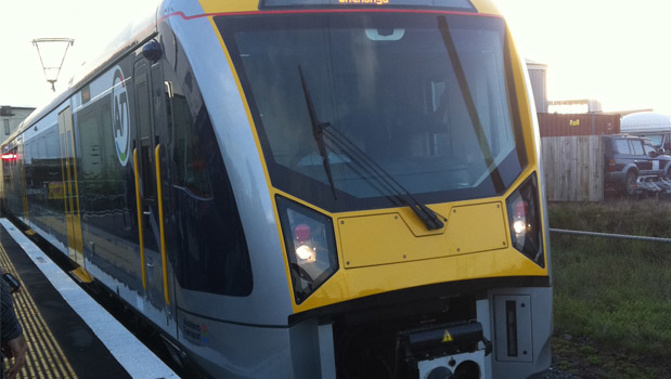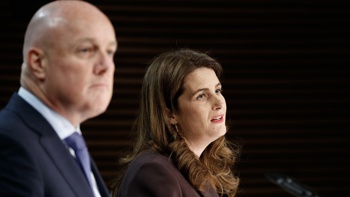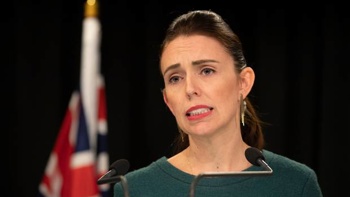
Auckland's booming commuter rail network could get an extra 17 battery-powered trains to replace diesel units between Papakura and Pukekohe at a cost of $207 million.
The new trains will run from Britomart to Pukekohe and eliminate the need for passengers to transfer from electric trains at Papakura to diesel trains to Pukekohe.
The batteries will operate on the leg from Papakura to Pukekohe and recharge on the electric line from Britomart to Papakura.
Auckland councillors will consider buying the trains and making an initial payment of $10m to ensure delivery by 2019 at next Wednesday's finance committee.
The trains will be built by the Spanish company that provided the city's new fleet of 57 three-car electric trains. There is also a proposal to investigate a cheaper battery option from South Korea that would reduce the overall cost to $174m.
Mayor Phil Goff is backing the purchase, which meets an election promise to provide battery-powered trains to Pukekohe. Once the line to Pukekohe is electrified by 2025, the trains could be used to extend rail services to Huapai and Kumeu on the western line, he said.
Goff said the proposal for the new trains stacks up and will help meet the growth in rail patronage, which is growing at 17 per cent a year and due to increase from 18 million passengers in June this year to 21.9 million passengers by the middle of 2019.
The new trains will also provide resilience during construction of the $3.4b City Rail Link when there will be disruption to overhead power lines, he said.
The project will only proceed if the NZ Transport Agency agrees to pay at least 50 per cent of the purchase price and running costs, and Auckland Transport reprioritises its capital works programme to provide $50 million funding over three years.
The approval would mean the council gets right up against its debt ceiling, which, if breached, could lead to a credit rating downgrade, drive up borrowing costs and reduce investor confidence in Auckland Council.
Goff acknowledges the purchase would limit the ability for other new projects, but is confident of securing other new revenue sources to pay for infrastructure that won't breach debt-to-revenue constraints.
Take your Radio, Podcasts and Music with you









